Did you know there are an estimated 144,558 veterans living in New York City, according to the U.S. Census Bureau? As you plan for your care in retirement or the care of a loved one, be sure you are taking advantage of all potential benefits you qualify for. For instance, veterans and their spouses searching for an assisted living community may be eligible for benefits from the Veterans Administration (VA).
For veterans and/or spouses in need of personal assistance, Aid and Attendance is a non-service-connected pension benefit offered by the VA.
This benefit covers costs related to assistance with activities of daily living, or tasks related to personal care, which are an indicator of one’s level of functional independence. These may include bathing, feeding, grooming, and dressing.
Who is Eligible for the Aid and Attendance Benefit?
The Aid and Attendance program is for qualified veterans with wartime service who are also receiving a VA pension. According to the US Department of Veterans Affairs, to qualify for the Veterans Pension program, you must meet the following requirements:
Both of these must be true:
- You did not receive a dishonorable discharge, and
- Your yearly family income and net worth meet limits set by Congress. Your net worth includes all personal property you own (except your house, your car, and most home furnishings), minus any debt you owe. Your net worth includes the net worth of your spouse.
One of these must be true about your service or that of a loved one. You:
- Started on active duty before September 8, 1980, and you served at least 90 days on active duty with at least 1 day during wartime*, or
- Started on active duty as an enlisted person after September 7, 1980, and served at least 24 months or the full period for which you were called or ordered to active duty (with some exceptions) with at least 1 day during wartime, or
- Were an officer and started on active duty after October 16, 1981, and you hadn’t previously served on active duty for at least 24 months
* The US Department of Veterans Affairs recognizes the following wartime periods:
-
-
- Mexican Border period (May 9, 1916, to April 5, 1917, for veterans who served in Mexico, on its borders, or in adjacent waters)
- World War I (April 6, 1917, to November 11, 1918)
- World War II (December 7, 1941, to December 31, 1946)
- Korean Conflict (June 27, 1950, to January 31, 1955)
Vietnam War Era (November 1, 1955, to May 7, 1975, for veterans who served in the Republic of Vietnam during that period. August 5, 1964, to May 7, 1975, for veterans who served outside the Republic of Vietnam) - Gulf War (August 2, 1990, through a future date to be set by law or presidential proclamation)
-
-
One of these must be true. You:
- Are at least 65 years old, or
- Have a permanent and total disability, or
- Are a patient in a nursing home for long-term care because of a disability, or
- Are getting Social Security Disability Insurance or Supplemental Security Income
VA Aid and Attendance Benefits in 2023
How much do you qualify to receive? The amount of this benefit is based on need and income. Applicants should document their income, including Social Security, as well as their medical expenses and the cost of assisted living. Veterans and their spouses who reside in an assisted living community typically qualify for the maximum benefit.
As of December 1, 2022, the 2023 maximum VA Aid and Attendance amounts are:
- Single veteran who requires care – up to $2,229 monthly
- Married veteran who requires care – up to $2,642 monthly
- Surviving spouse who requires care – up to $1,432 monthly
Benefits for Veterans’ Widows and Widowers
The surviving veteran's spouse may also be entitled to a veteran’s pension if he or she was married to the veteran at the time of their death. To qualify, the veteran must have met all of the service criteria, and the couple must have been married for at least one year. There is no age restriction for the surviving spouse.
The benefit amount will be based on the surviving spouse’s income. It’s also important to note that if the surviving spouse has divorced the veteran, or remarries after the veteran's death, they are no longer eligible for this benefit.
If you have questions about veterans’ benefits and your eligibility, contact the US Department of Veterans Affairs.
More About Assisted Living
Explore more resources related to assisted living, including who can benefit from assisted living, and this inside look at today’s sophisticated assisted living options.






